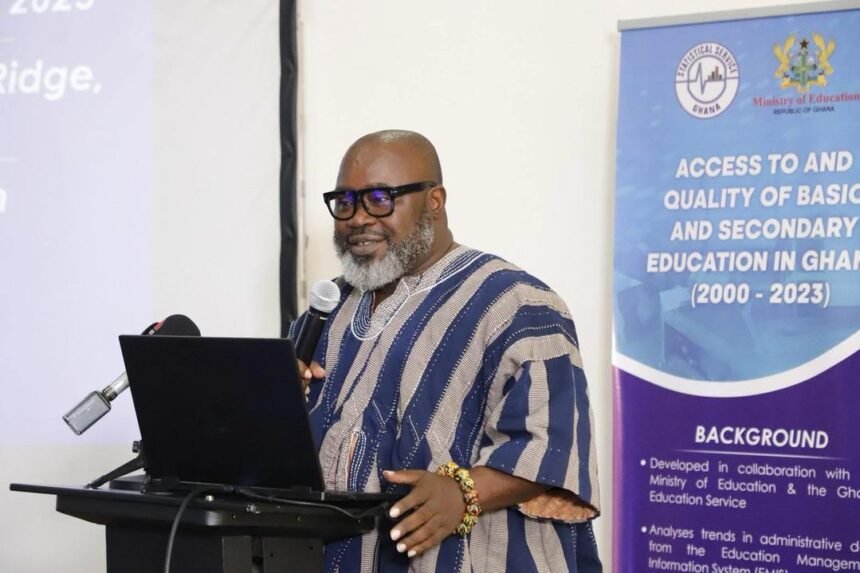Africa Education Watch (Eduwatch), a prominent education advocacy group, has issued a strong statement condemning the imposition of examination fees on parents of pupils in public basic schools ahead of term assessments scheduled to begin on Monday, April 7. The organization reports that some school heads are demanding payment for examination or printing fees and threatening to exclude students whose parents fail to comply.
Eduwatch emphasized that while it supports voluntary parental contributions to school development and learning, such demands must not undermine Ghana’s commitment to free Compulsory Universal Basic Education (fCUBE). Citing the Pre-Tertiary Education Act of 2020 (Act 1049), the group pointed to Section 2(b), which mandates that “basic education shall be free, compulsory, and universal,” and Section 3, which prohibits the exclusion of any child from education due to economic hardship.
“We strongly oppose any practices that exclude children from full participation in their right to basic education, including exclusion from school-based assessments due to socio-economic factors,” Eduwatch stated, highlighting its dedication to educational equity.
The organization criticized the systemic funding shortages that have plagued basic schools, noting that the Government of Ghana, through the Ministry of Education, bears the responsibility to ensure funds are available for school assessments. “Continually supervising the imposition of fees on parents to atone for systemic funding deficits is not a sustainable way to effectively implement a government policy,” the statement read.
Eduwatch called on the Minister for Education to promptly allocate funding to basic schools to conduct end-of-term examinations without placing financial burdens on struggling parents. Additionally, it urged the Director-General of the Ghana Education Service (GES) to guarantee that no pupil is barred from participating in the upcoming assessments due to unpaid fees and to impose disciplinary measures on school heads who enforce such exclusions.
“The right to basic education is fundamental and unconditional. Its direct funding must therefore remain a non-negotiable obligation of the state,” the statement concluded.
By: Adil Fuseini







